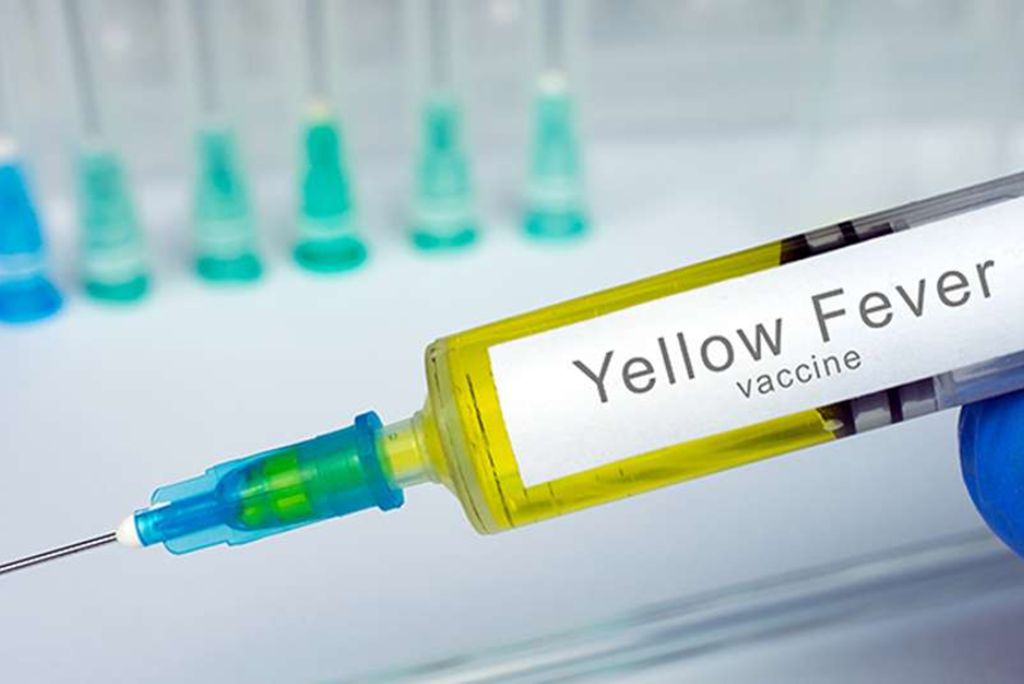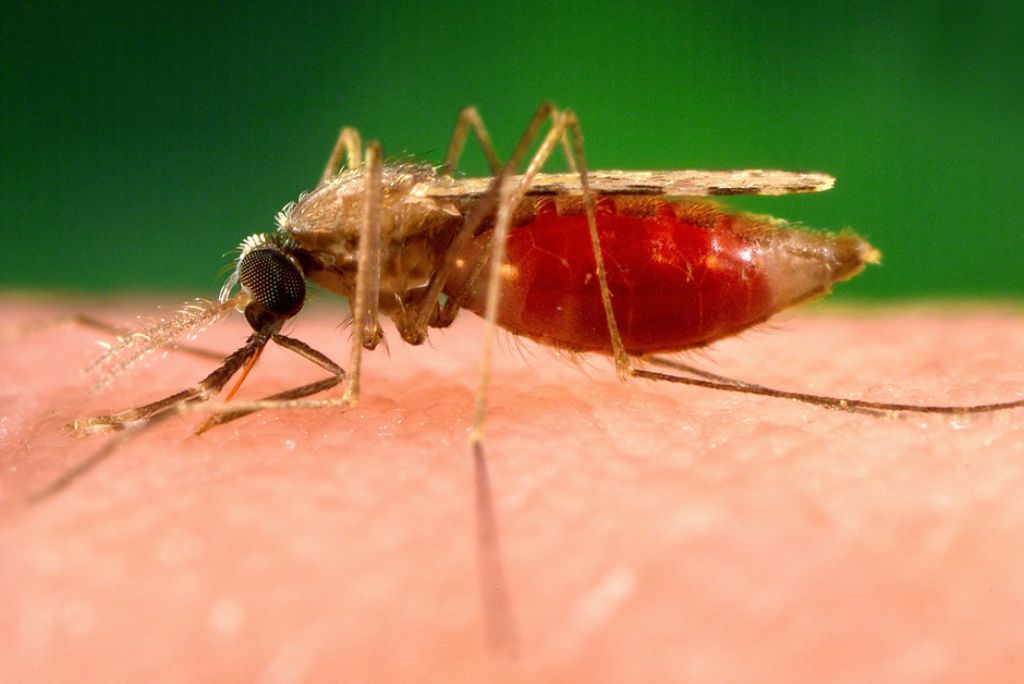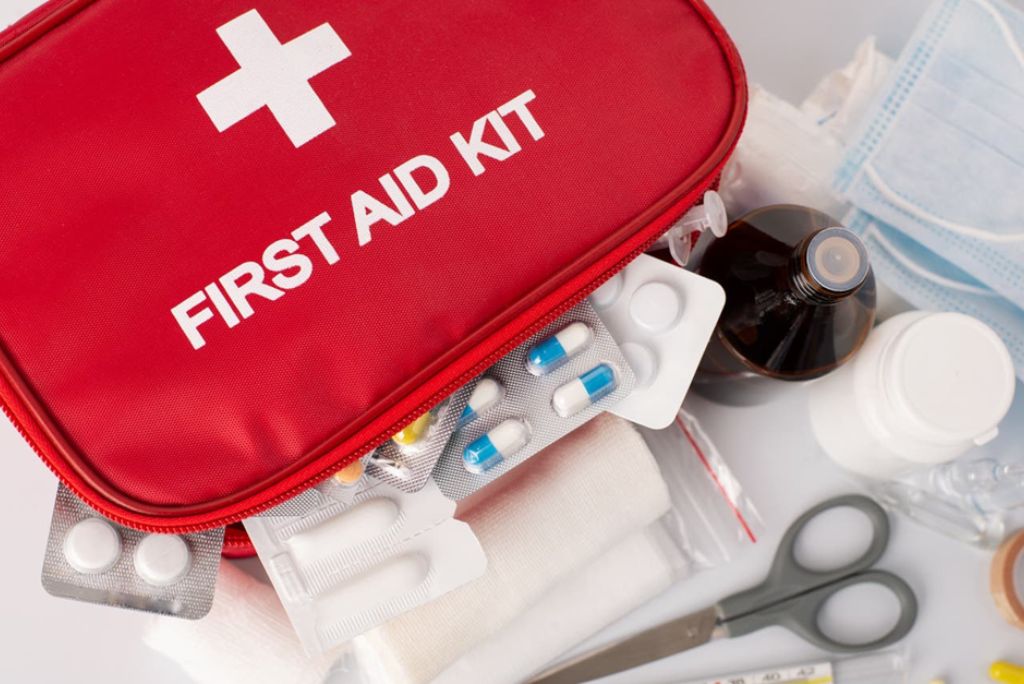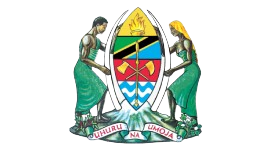What to Know About Tanzania’s Plastic Ban Before Your Safari Tour?
In Safari

June 16, 2025
Planning a Safari Tour to Tanzania is exciting because you know you’ll see beautiful scenery, many animals, and have amazing experiences. But before you go out onto the savannahs, you should make sure your health is in great shape. Getting the correct Immunisations for your Safari Tour to Tanzania and following health guidelines will help you have a worry-free safari vacation.
This read has all the important health information you need for a Tanzania safari, such as the required vaccinations, the suggested ones, how to avoid malaria, the rules for yellow fever, and other important suggestions.
Tanzania does not require mandatory immunisations for most travellers entering from the United States, the United Kingdom, the European Union, Canada, Australia, and other similar regions. There is no general requirement that requires specific immunisation certificates upon entry.
However, there is one crucial exception – Yellow Fever Tanzania, which depends on your trip path.
This rule applies to both mainland Tanzania and Zanzibar. The yellow fever vaccine requirement has been strictly enforced for many years and remains one of the most often reviewed certificates by immigration agents.

Yellow Fever is transmitted by a species of mosquito that is common in the ‘yellow fever belt’, which includes parts of Africa and South America.
Although Tanzania has a minimal risk of yellow fever transmission, the government closely adheres to the World Health Organisation guidelines to prevent outbreaks.
Here’s a straightforward table summarising yellow fever vaccination guidelines based on your travel history:
| Travel From | Yellow Fever Vaccination Requirement |
| USA, UK, EU, Australia | Not required |
| Kenya, Uganda, the Republic of Congo | Mandatory |
| Botswana, Madagascar, Rwanda, Tanzania, Namibia, Seychelles, South Africa, Mozambique, Zambia, Zimbabwe | Vaccination is required if you’ve been to a country in the yellow fever belt |
Before leaving for a Safari in Tanzania, always check with a licensed travel clinic to verify your health situation.
Malaria is still a real threat all over Tanzania, including most safari spots like Serengeti, Ngorongoro Crater, Lake Manyara, Tarangire, and Zanzibar. An important aspect of your safari health preparation is taking malaria precautions.
Malaria can be prevented and treated with quick medical care, even though it is dangerous. If you get a fever, chills, or flu-like symptoms within three months after coming back from a Safari Tour in Tanzania, you should visit a doctor right away.

Dengue fever has also been increasingly recorded in Tanzania, especially during the rainy season. It is spread by Aedes mosquitoes, which bite during the daytime. Some of the symptoms of dengue are:
Remember, there is no vaccine or specialised treatment for dengue; thus, the only way to avoid getting it is to stay away from mosquitoes:
Though unusual for tourists, African Trypanosomiasis, or sleeping sickness, can happen in places of Tanzania where tsetse flies are found, notably in game parks.
To lower the chance of exposure, don’t wear bright or dark colours that tsetse flies like.
Most people who go on safari don’t have to worry about sleeping sickness, but being aware of it is part of wise Safari Health Preparation.
While not mandatory, several vaccines are strongly recommended by health authorities to protect against diseases more common in tropical or developing regions.
Diseases rarely seen in developed nations can still pose threats while travelling. It’s important to ensure you are up to date with all Routine Vaccinations before your Tanzania Safari Holiday. Some standard vaccines to confirm:
Consult your healthcare provider at least 4–6 weeks before travel to schedule any required boosters.
If you are planning extensive travel, rural visits, or prolonged stays, these Vaccines for Tanzania Safari offer crucial protection. For the complete vaccines and disease list and clinical guidance, visit the page – https://wwwnc.cdc.gov/travel/destinations/traveler/none/tanzania#vaccines-and-medicines
In addition to vaccinations and medications, there are several other key steps to protect your health while travelling to Africa:
According to official guidance from the US Embassy and the CDC, travellers to Tanzania should:

| Disease | Vaccine Required? | Notes |
| Yellow Fever Tanzania | Sometimes | Required if arriving from endemic areas |
| Covid-19 | Yes/No | Certificate or PCR required, depending on status |
| Malaria Prevention Tanzania Safari | No vaccine | Antimalarial drugs & prevention measures |
| Hepatitis A & B | Recommended | For food, water, and hygiene risks |
| Typhoid | Recommended | For rural travel or street food exposure |
| Rabies | Optional | For extended outdoor activities |
| Routine Immunisations (MMR, DPT, Polio, Flu) | Recommended | Ensure boosters are current |
| Dengue | No vaccine | Mosquito bite prevention is critical |
Special Note: Rules for getting the COVID-19 vaccine in Tanzania
Like most other countries, Tanzania has changed its rules for people travelling from other countries:
COVID-19 rules may change over time, so visitors should check with the airline, the Tanzanian embassy, or health officials before they leave to be sure they know the most up-to-date entry restrictions
We hope this information has made it obvious what immunisations you need for your Safari Tour to Tanzania and how to stay healthy while you’re there. You can appreciate the wildlife, scenery, and culture if you get ready in the appropriate way.
We at Africa Exotic Holidays will take care of every element of your Tanzania safari so that your trip is safe, flawless, and wonderful. Let us help you organise the perfect safari trip today.
Experience Africa like never before—your journey, your way. Every trip is thoughtfully tailored to match your personal desires, while we take pride in preserving the breathtaking landscapes and vibrant wildlife for generations to come.







Copyright © 2025 Africa Exotic Holidays, All Right Reserved. Designed By Safari Marketing Pro